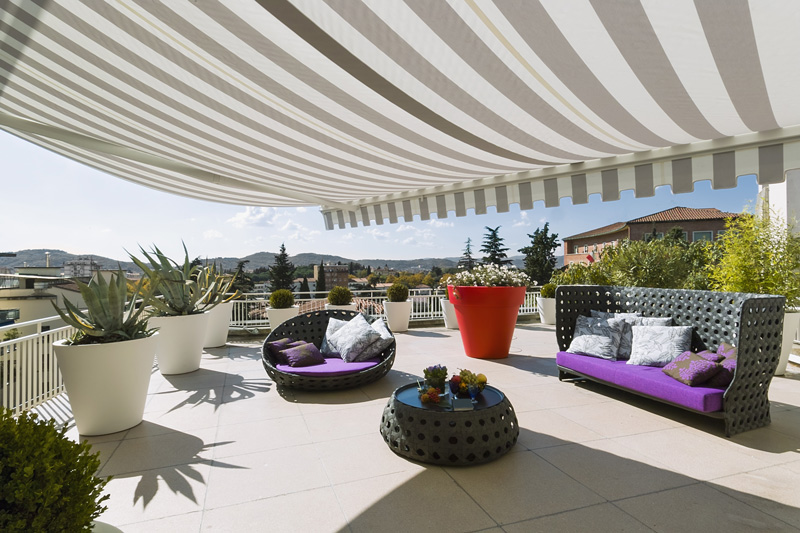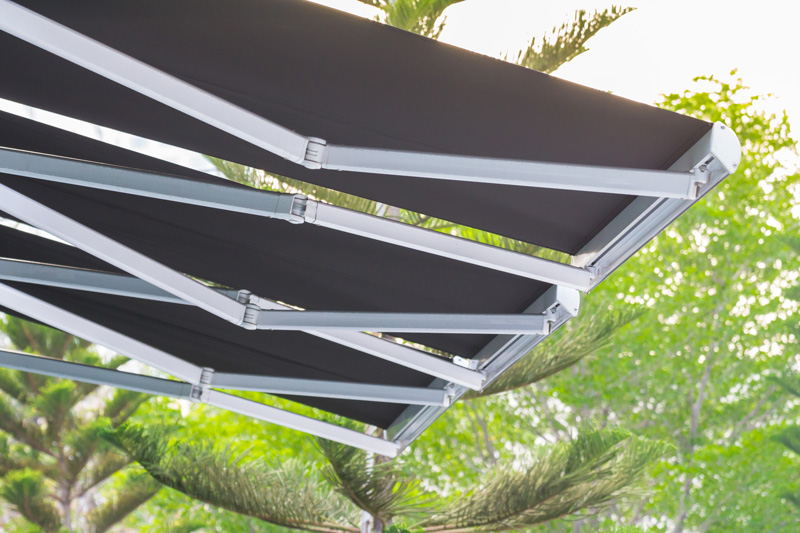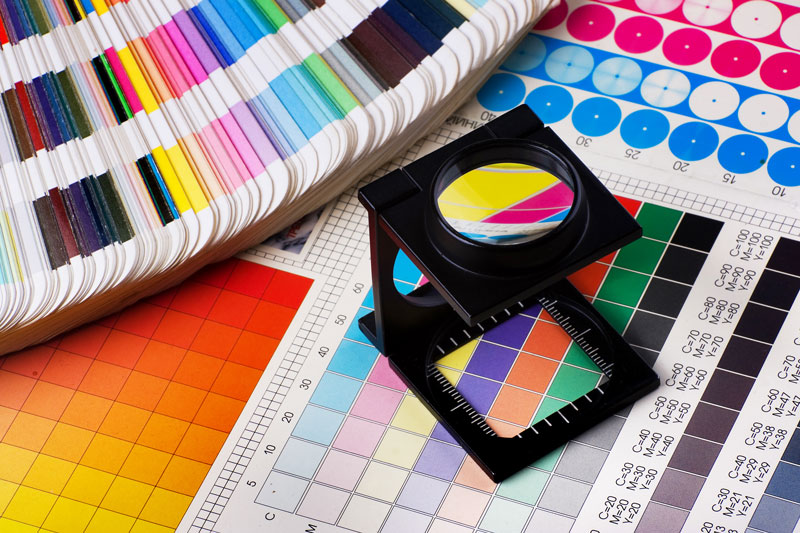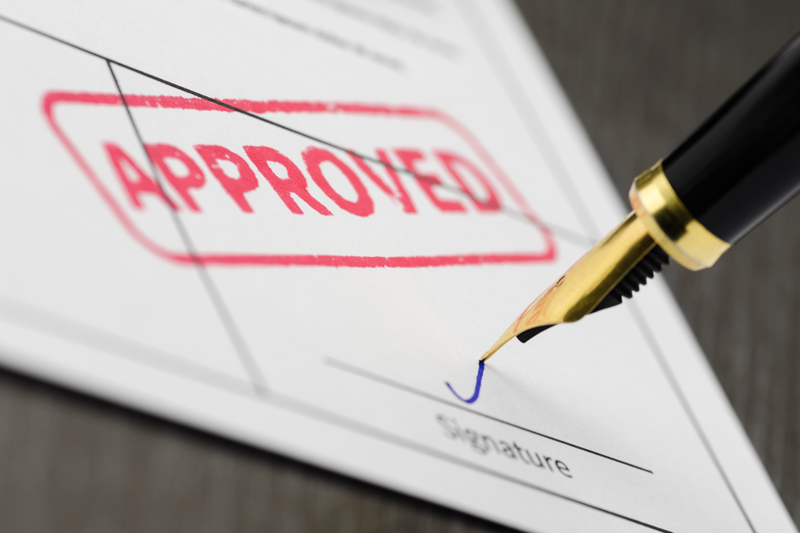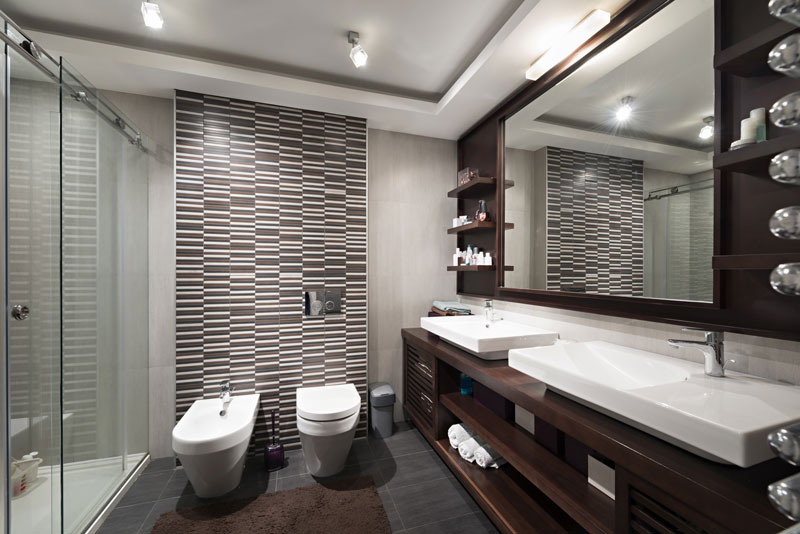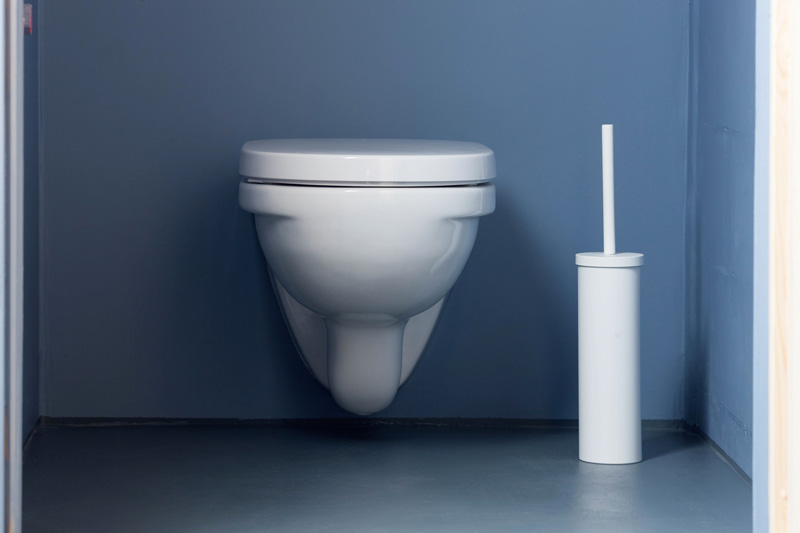When it comes to designing your home, getting started can be overwhelming. One good place to begin is by investing in awnings. Awnings have many purposes and benefits, and there are a wide variety of options.
What are Awnings?
Awnings are coverings attached to the external walls of a building. They provide coverage over an area and are occasionally used as a signboard or billboard.
Protective Measures
One of the main reasons people invest in awnings is for protection against natural elements such as sunlight, rain, snow and wind. It is also essential to use fire retardant material or paint on awnings. Generally, awnings are not covered by insurance, and some are temporary and can be retracted. Most awnings are retracted when winter comes around to prevent snow damage. When installing a retraction method, it can be done manually or motorized.
The Types of Awnings
The material used for awnings is acrylic cloth or canvas. Beautiful and attractive patterns can be printed on awnings to get an aesthetic appeal. Today, an awning can be made to almost any design, shape and color.
The framework for awnings is generally made of wood, iron, steel or aluminum. Aluminum is preferred as it is lighter than iron or steel. The framework consists of trusses, border frames or space frames.
Awnings attached over the windows are protective against sunlight and help keep rooms cooler. For rooms with air conditioning, awnings can bring down electrical consumption by nearly twenty-five percent. This benefit of awnings is an effective savings options.
All of the Options
Now that you know all about the benefits of awnings, there are many options when it comes to choosing them. First of all, awnings add color and brightness to a place; they can also be backlit or front lit. Backlit material for awnings differ from front lit material by using vinyl laminated or coated polyester. The other materials used for awnings are PVC coated mesh, acrylic, vinyl or resin coated polyester, and a few others.
When implementing your choices, there are many companies that provide awnings. Most of them offer free costing and estimates. Awnings are a very popular way for a business to advertise and come in attractive colors, graphics, fonts and patterns.
The graphics on awnings can be printed by special machines interfaced with computers. The print quality depends on the number of columns per inch (cpi). A 10 cpi print gives a good finish on most awnings, and 25 cpi print gives a very fine finish to the awnings.
Keeping it Clean
If you’re worried about the cleaning and maintenance of awnings, the process is fairly simple. Vinyl awnings can form mildew but can be easily removed with mild soap and a soft brush.
Make sure when you choose your design, that the design of the frame for awnings should not collect water pools on top. Pooling of water on awnings can damage the awning cloth and the graphics printed on it. Wind gusts of more than 25 miles per hour can also harm awnings. During strong winds, it is wise to retract them.
Getting Permission
In some states you need a permit for putting up awnings. However, for most residential awnings a permit is not required and is restricted only for commercial awnings.
If you are looking for more tips about outdoor spaces, check out our blog post about Patio Furniture. It is important to have your patio space looking its best.
